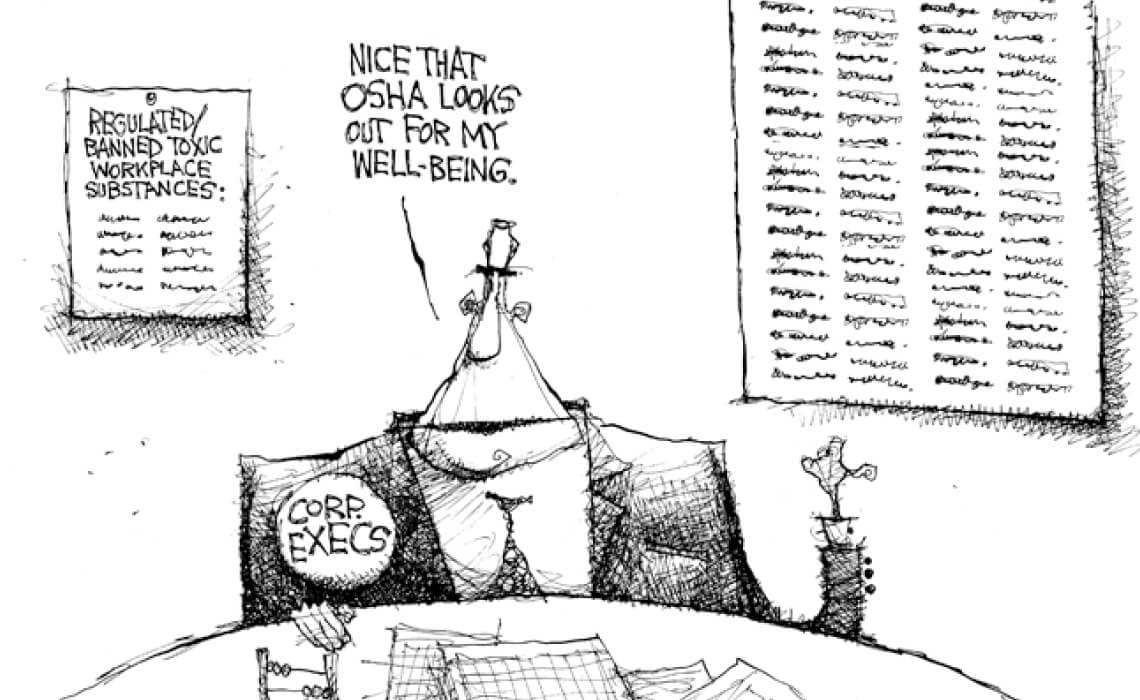Original reporting

Supermajority gives California Dems a chance to finish what they started
But despite their new legislative power, the tone set by Democrats in Sacramento has been decidedly cautious.
Don’t hold your breath
A fully realized Second Avenue subway would replace service lost decades ago, help meet ever growing transit demand, and provide a wide range of economic and environmental benefits to New York City and its residents. Even though the entire line could be built at one time, and even though delay is more costly than action, all that has been funded is a less-than-two-mile stub.
Environmental groups whistling past the graveyard?
In the face of gains by proponents of fossil fuels, some groups in denial; others hunkering down. Only a few explore new strategies to go on the offensive.
Congress ties Postal Service into knots
Told to operate like a business but prevented from thriving like one, the Postal Service is the victim of politicians who either wanted it fail or had a remarkable lack of foresight.
Officials defend secrecy on business subsidies
Part 3 of our series on businesses incentives examines the justifications given by state and local officials who favor granting subsidies, but resist disclosing who gets them.
Business-killing cuts to state court systems
Phenomenon is widespread. Case resolution time rises in 15 states; case backlog grows in 29.
It’s like signing a blank check
Part 2 of our series on government incentive programs for businesses focuses on the lack of transparency at the local level.
Underfunding of voter registration: a guarantee that 25 percent or more of Americans won’t participate
According to the Census Bureau, even during presidential election years, at least a quarter of the eligible electorate has been unregistered in the period from 1980 through 2008. But current voter registration efforts don’t come close to meeting the need, especially because so much of registration under the U.S. system is highly labor-intensive.
“But everybody does it” — Cities and states addicted to soliciting for corporate favors
Are taxpayers getting their money’s worth out of public subsidies to private companies?
Stanford researcher readily acknowledges limitations of study on organic versus conventional food
The recent study has gotten widespread press attention for the proposition that organic food is not safer to eat than non-organic food. But one of the study’s lead authors acknowledges that a series of health and safety issues relating to non-organic foods were not examined.